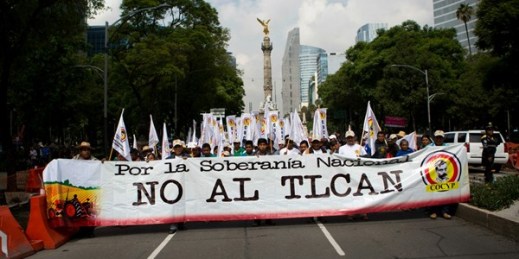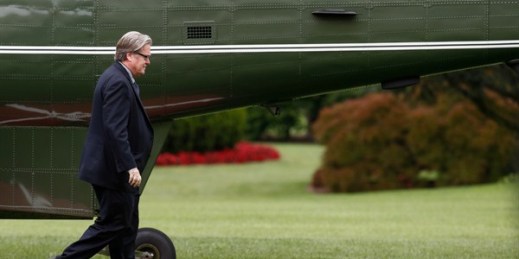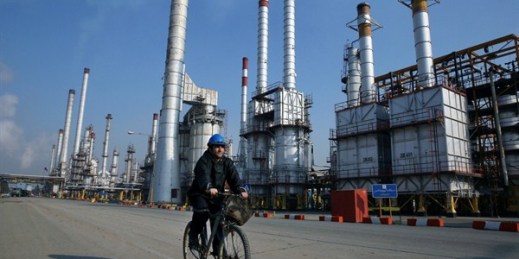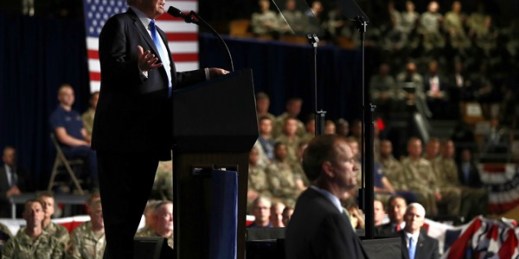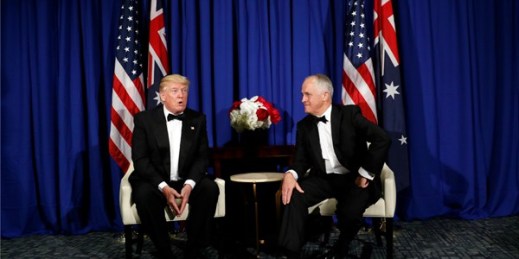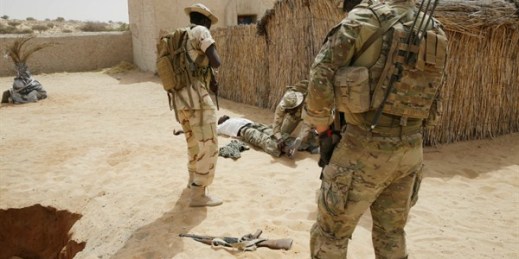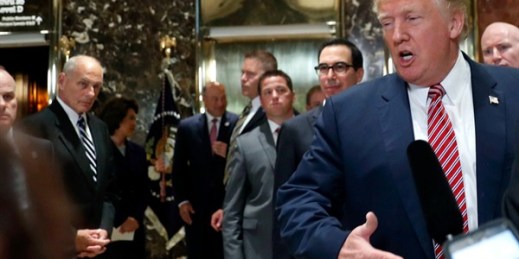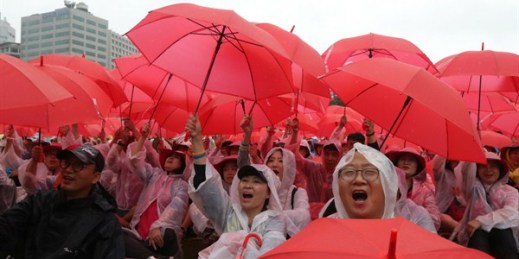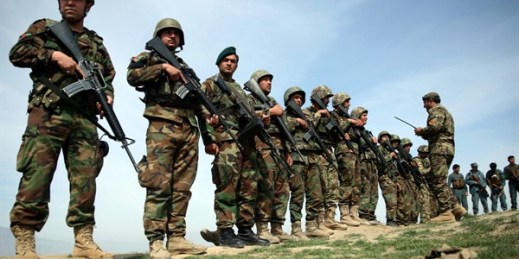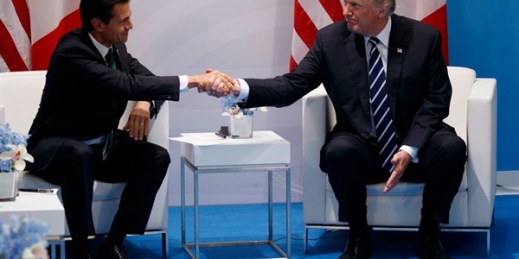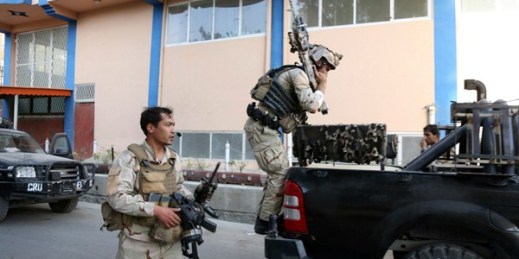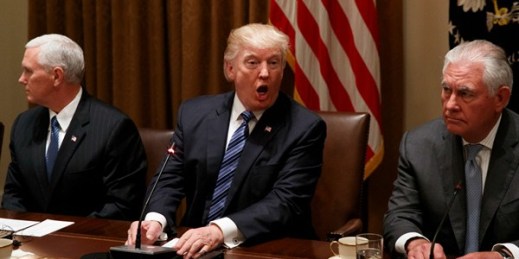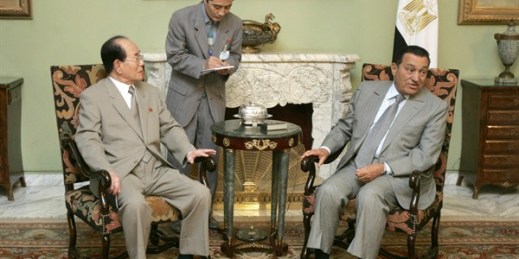
Even before he became president of the United States, Donald Trump had reserved some of his most lavish praise for Egypt’s strongman, President Abdel-Fattah el-Sisi. That’s why it came as no small surprise when news emerged last week that the U.S. had decided to withhold almost $300 million in aid for Egypt. The principal reason for the move, according to Trump administration officials, was Cairo’s continuing crackdown on human rights. But another issue also surfaced as a point of friction: Egypt’s ties to North Korea. Given what we know about the current U.S. administration, it seems likely that North Korea […]

